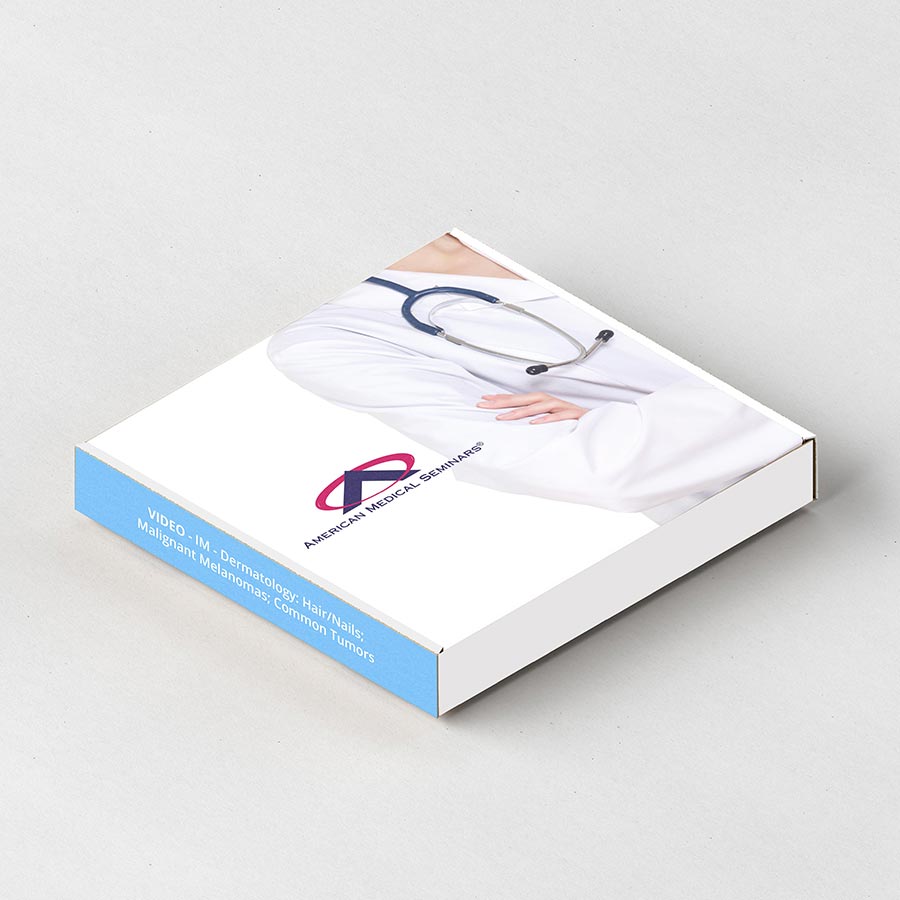Product Description
Title: Internal Medicine – Rheumatology: Gout and Pseudogout; Inflammatory Arthritis; Rheumatologic Procedures
Faculty: Adam R. Guttentag, M.D., Ryan K. Lee, M.D., M.B.A.
Original Release Date: July 1, 2018 Expiration Date: July 1, 2021
TOPIC 1: Gout and Pseudogout in the Elderly.
Upon completion of this session, the participant should be able to: GL, COMP
- Distinguish the unique characteristics of gout in the elderly.
- Develop a treatment plan based on the American College of Rheumatology treatment guidelines for the treatment of gout.
- Determine the clinical manifestations of calcium pyrophosphate deposition.
- Differentiate the polarized microscopic findings for uric acid and CPPD crystals.
TOPIC 2: A Diagnostic and Therapeutic Approach to the Patient Presenting with an Inflammatory Arthritis.
Upon completion of this session, the participant should be able to: EBM, GL, COMP
- Utilize the physical examination findings to narrow the differential diagnosis.
- Use evidence based information in choosing the most appropriate lab tests in evaluating a patient presenting with an inflammatory arthritis.
- Apply the American College of Rheumatology Classification Criteria in patients suspected of having rheumatoid arthritis.
- Determine the most appropriate disease modifying medication for a patient based on the American College of Rheumatology treatment guidelines.
TOPIC 3: Rheumatologic Procedures.
Upon completion of this session, the participant should be able to: GL, COMP
- Use techniques for appropriate indications for intra-articular and soft tissue injections in rheumatology.
- Employ appropriate pharmacologic and non-pharmacologic therapies including injections for painful joints as per the ACR recommendations and the various sited rheumatologic and META analysis studies.
- The receipt for any incentive-associated purchase will designate the value of the gift card separately from the cost of the learning activity.
- This incentive may have implications on your tax reporting obligations. Any reimbursed amount must be declared as personal income for tax purposes.


